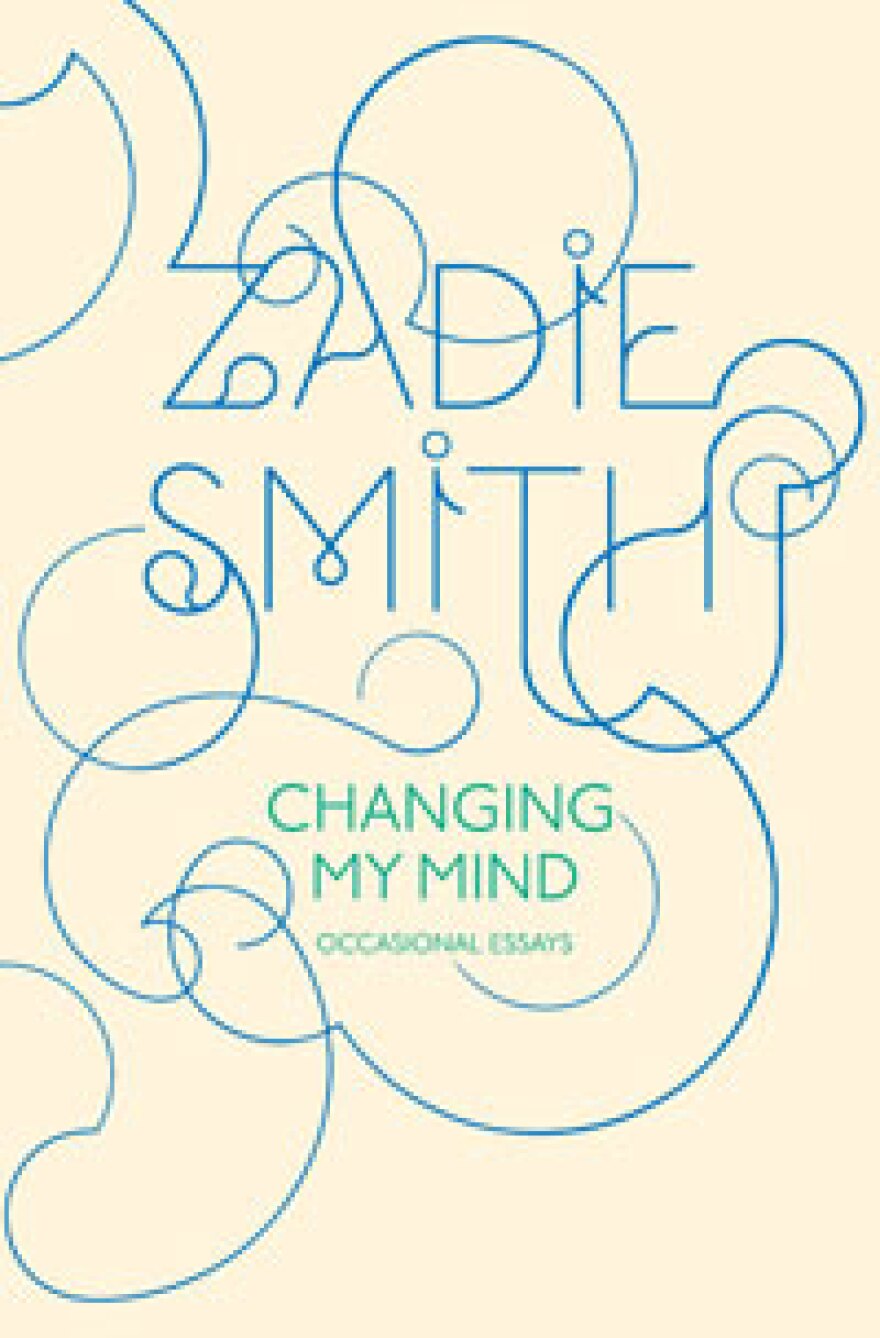A flexible mind is an open mind. Zadie Smith puts hers — and ours — through calisthenics in this brainy collection of essays about some of her influences and passions, which include Vladimir Nabokov, George Eliot, Katharine Hepburn, David Foster Wallace and British comedy. No worries here about Emerson's "foolish consistency." Smith notes that "ideological inconsistency is, for me, practically an article of faith."
Since the smashing success of White Teeth in 2000 when she was not quite 25, Smith has been asked to take public stances on everything from movies to writing habits. In "That Crafty Feeling," she confesses that, unlike novelists who avoid reading others' books while writing their own, "My writing desk is covered in open novels.I think of reading like a balanced diet; if your sentences are too baggy, too baroque, cut back on fatty Foster Wallace, say, and pick up Kafka as roughage." This lack of anxiety over influence shouldn't surprise readers of On Beauty, Smith's third novel, which was consciously modeled on E.M. Forster's Howard's End.
Whether writing about Foster Wallace, Forster or Zora Neale Hurston, Smith shows a deeply intellectual and continually evolving appreciation of literature. She first resisted her Jamaican-born mother's recommendation to read Hurston, a leading light of the Harlem Renaissance, because, "Like all readers, I want my limits to be drawn by my own sensibilities, not by my melanin count." She confesses, "I lost many literary battles the day I read Their Eyes Were Watching God. I had to concede that occasionally aphorisms have their power. I had to give up the idea that Keats had a monopoly on the lyrical."
Similarly, in the debate over whether readers or writers wield ultimate power, Smith used to side with Roland Barthes' view that literature was wide open to any interpretation readers brought to it. But her attitude changed when she became a writer, swinging toward Nabokov's belief in tight authorial control. She explains, "Nowadays I know the true reason I read is to feel less alone, to make a connection with a consciousness other than my own."
While her somewhat meandering tribute to Wallace (first published in The New Yorker) and her season of movie reviews (first published in The Sunday Telegraph) are filled with sharp insights, the book's real payoff comes in three essays about her "gentle, sentimental" father, Harvey Smith, a salesman who died at 81 in 2006. Like Archie Jones, the White Teeth character modeled on him--and unlike his daughter who, Eliza Doolittle-like, changed what she calls her voice at Cambridge University and gained entree to a tonier world--Harvey's life was not a success story.
Smith's account of her "short-tempered, bullying" interviews with her father about his World War II experiences movingly demonstrate her willingness to develop publicly. Frustrated by his repeated insistence that she write that he was neither brave nor a hero, she finally comes to recognize and admire that "he didn't lose himself in horror. Which is a special way of being brave."
One could argue that these forthright personal essays are another way of being brave.
Copyright 2023 NPR. To see more, visit https://www.npr.org.



